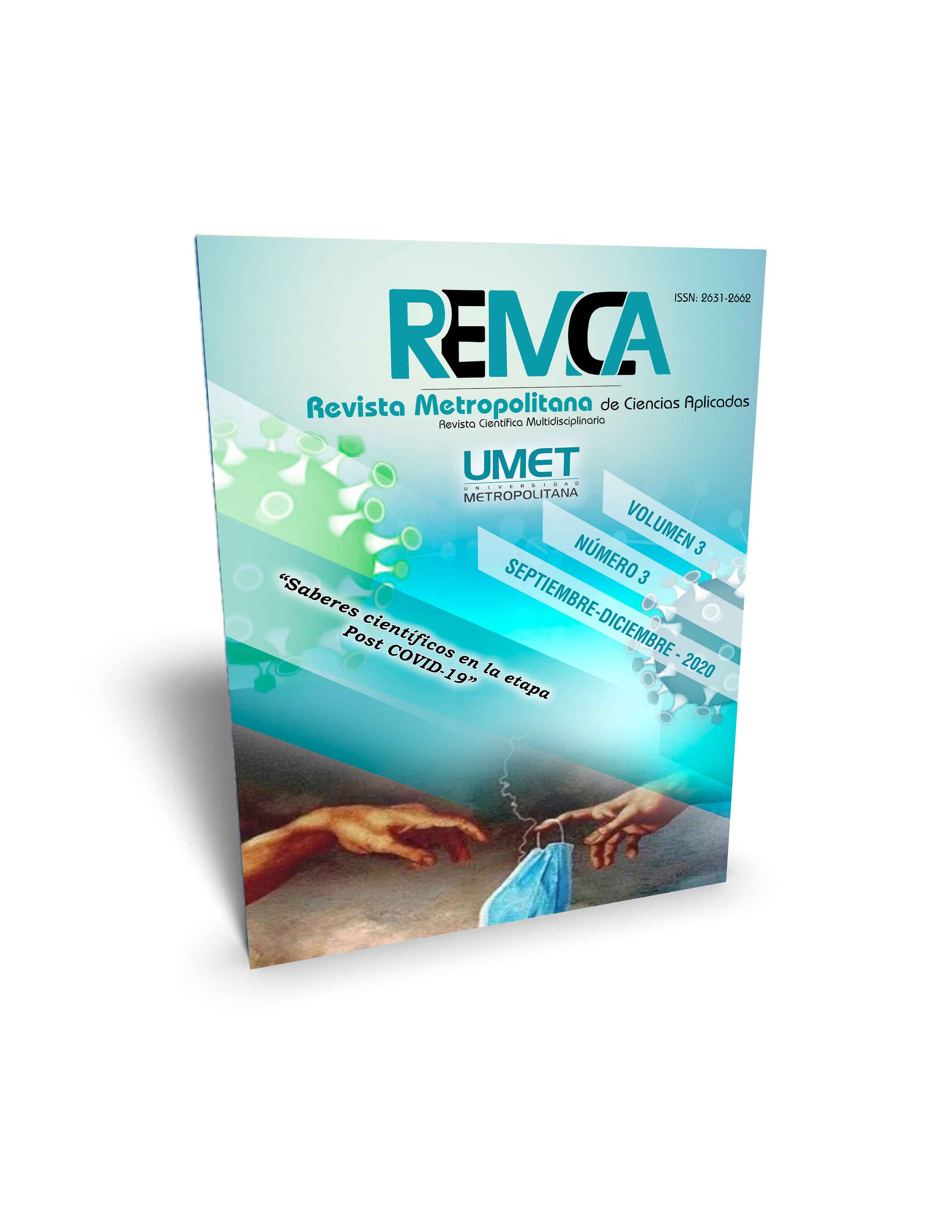Mobbing and labor depressión affecting the administrative personnel of a pre-university institute in Piura, Peru
DOI:
https://doi.org/10.62452/5wgpzt78Keywords:
Labor mobbing, work depression, harassmentAbstract
Mobbing is a set of circumstances in which some type of psychological violence is exerted on an individual (s) during the workday, and that emotionally affects the workers, wrapping them in depression pictures. The objective of the research was to determine the relationship between mobbing and job depression of the administrative staff of a pre-university institute in Piura, Peru. The study has a quantitative, non-experimental design and descriptive correlational approach. Two data collection instruments were applied to a total of 38 workers and the results were processed in Spss, the findings of which indicated the following: The statistical correlation analysis shows that there is a significant relationship (Sig. <0.05) between bullying psychological (Mobbing) and the depression of the administrative staff of the Institute of Pre University Education.
Downloads
References
Carrillo, D. (2012). La protección jurídica del acoso laboral. Fondo Editorial de NL.
Jervis, G., & García, J. (2011). La depresión: Dos enfoques complementarios. Editorial Fundamentos.
Moreno, A. (2012). La Depresión y sus Máscaras. Ed. Médica Panamericana.
Otero, R. N. (2014). DEPRESIÓN: ¿enfermedad o indolencia? Kindle.
Palacios, F. (2013). Depresión SIGLO XXI: temas que bordean la depresión mental, sus causas y su manejo. Palibrio.
Piñuel y Zabala, I. (2011). Mobbing: Cómo sobrevivir al acoso psicológico en el trabajo. Editorial Sal Terrae.
Redacción Perú21. (2015). Perú: Casi un tercio de mujeres aún sufre acoso laboral. https://peru21.pe/lima/peru-tercio-mujeres-sufre-acoso-laboral-171262-noticia/
Rocañín, J. (2014). Mobbing! Acoso laboral... Psicoterrorismo en el trabajo: De los conceptos teóricos a la realidad práctica. Arán Ediciones.
Sánchez, L. (2013). Mobbing: Terrorismo psicológico en el trabajo. Entrelíneas Editores.
Uribe Prado, J. F., & García Saisó, A., Castillo Perea, I., & Barrera Palestina, P. Y. (2011). La Escala Mexicana de Acoso en el Trabajo (EMAT): violencia laboral, factores psicosomáticos y clima laboral, un estudio confirmatorio. Revista Interamericana de Psicología Ocupacional, 30 (2), 161-182.
Zung, W. (1965). Self-report depression scale. Archives of General Psychiatry, 12, 63-70.
Downloads
Published
Issue
Section
License
Copyright (c) 2020 Francisco Segundo Mogollón García, Juana Rosa Siancas Zapata, Flor de Guadalupe Barrón Bravo, Joel Fabian Melquiades Reyes (Autor/a)

This work is licensed under a Creative Commons Attribution-NonCommercial-ShareAlike 4.0 International License.
Authors who publish in Revista Metropolitana de Ciencias Aplicadas (REMCA), agree to the following terms:
1. Copyright
Authors retain unrestricted copyright to their work. Authors grant the journal the right of first publication. To this end, they assign the journal non-exclusive exploitation rights (reproduction, distribution, public communication, and transformation). Authors may enter into additional agreements for the non-exclusive distribution of the version of the work published in the journal, provided that acknowledgment of its initial publication in this journal is given.
© The authors.
2. License
The articles are published in the journal under the Creative Commons Attribution-NonCommercial-ShareAlike 4.0 International License (CC BY-NC-SA 4.0). The terms can be found at: https://creativecommons.org/licenses/by-nc-sa/4.0/deed.en
This license allows:
- Sharing: Copying and redistributing the material in any medium or format.
- Adapting: Remixing, transforming, and building upon the material.
Under the following terms:
- Attribution: You must give appropriate credit, provide a link to the license, and indicate if any changes were made. You may do this in any reasonable manner, but not in any way that suggests the licensor endorses or sponsors your use.
- NonCommercial: You may not use the material for commercial purposes.
- ShareAlike: If you remix, transform, or build upon the material, you must distribute your creation under the same license as the original work.
There are no additional restrictions. You may not apply legal terms or technological measures that legally restrict others from doing anything the license permits.




